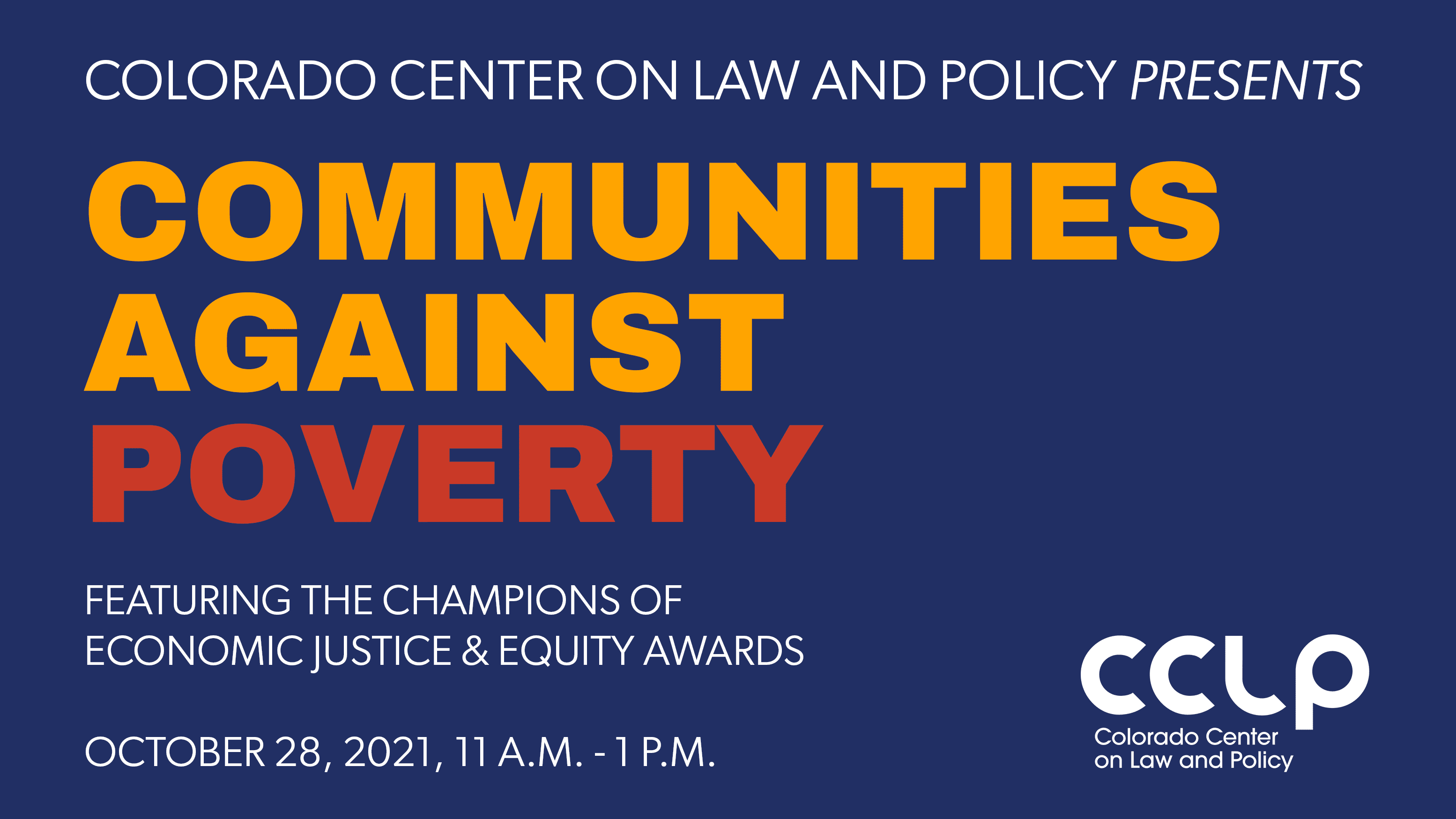On October 28, 2021, join Colorado Center on Law and Policy for our signature annual fall event, Communities Against Poverty. This year’s celebration of the anti-poverty movement in Colorado will feature a Keynote speech by famed author, scholar and activist Dr. Keeanga-Yamahtta Taylor, as well as the award ceremony for the 2021 Champion of Economic Justice & Equity Awards, given out annually to the stand-out community organizers, partner organizations, legislators and individuals who made a difference in the lives of Coloradans over the past year.
Due to the pandemic, this event will once again be conducted virtually over Zoom.
Premier Presenting Sponsors
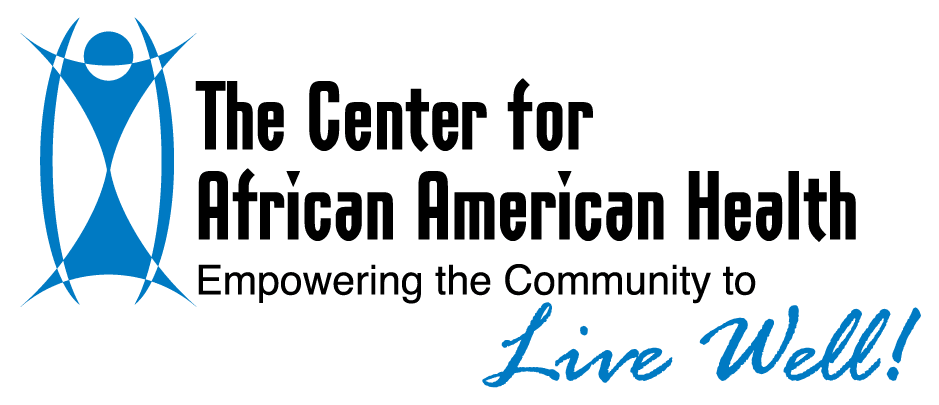
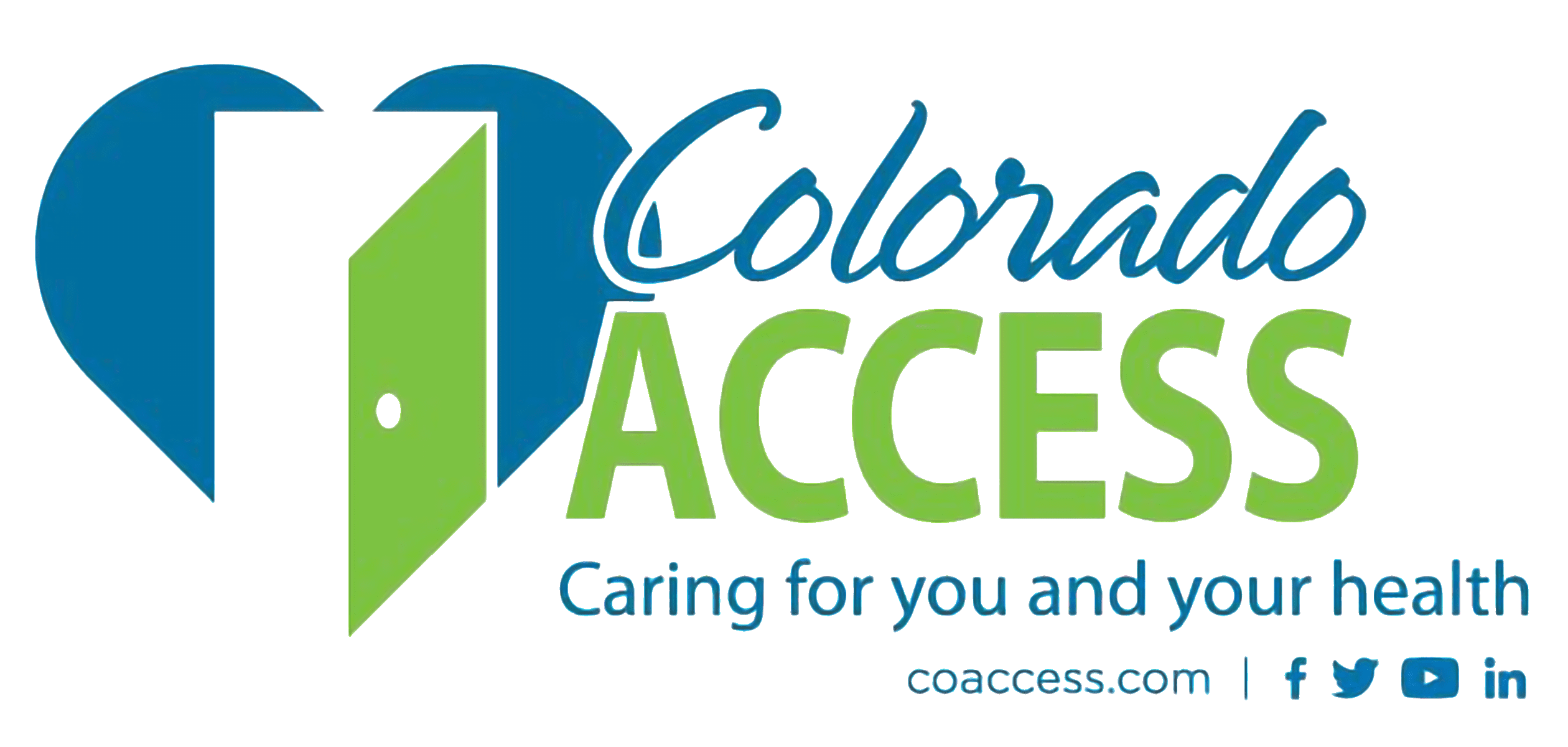
Donald W. and Lynn K. Burnes
Founders of the Burnes Institute for Poverty Research at Colorado Center on Law and Policy
Double Presenting Sponsor
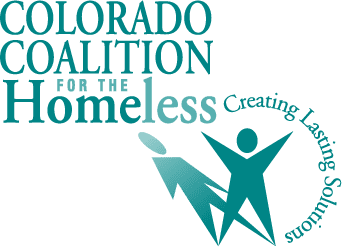
Presenting Sponsors


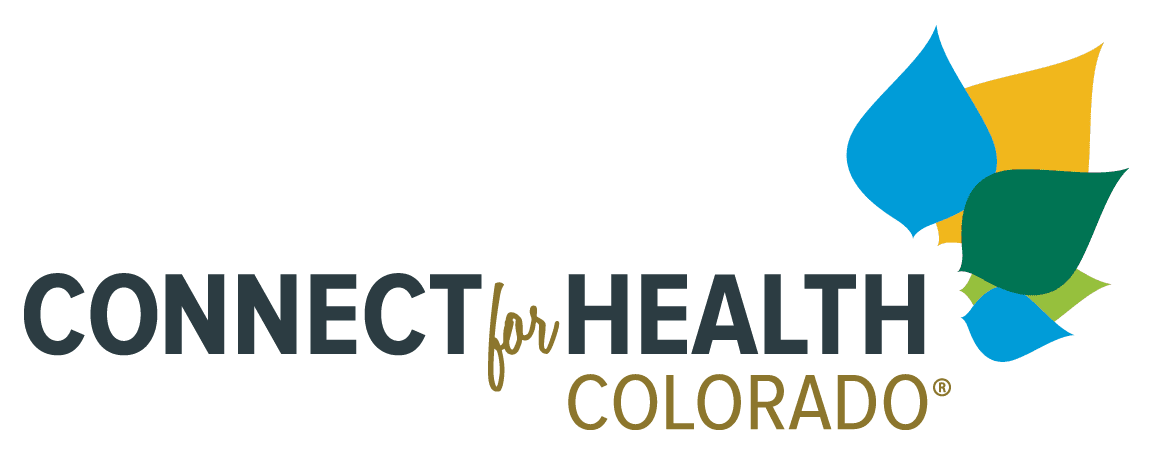
Tiffani Lennon
Executive Director,
Colorado Center on Law and Policy
Supporting Sponsors
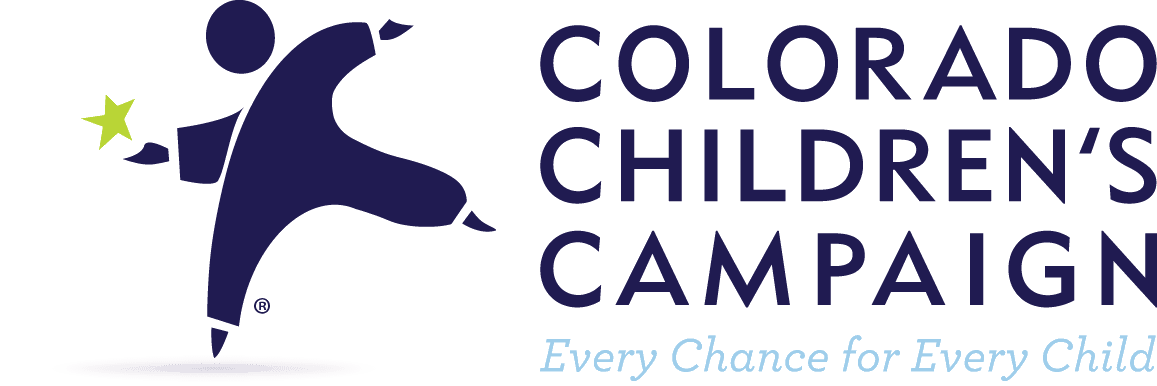
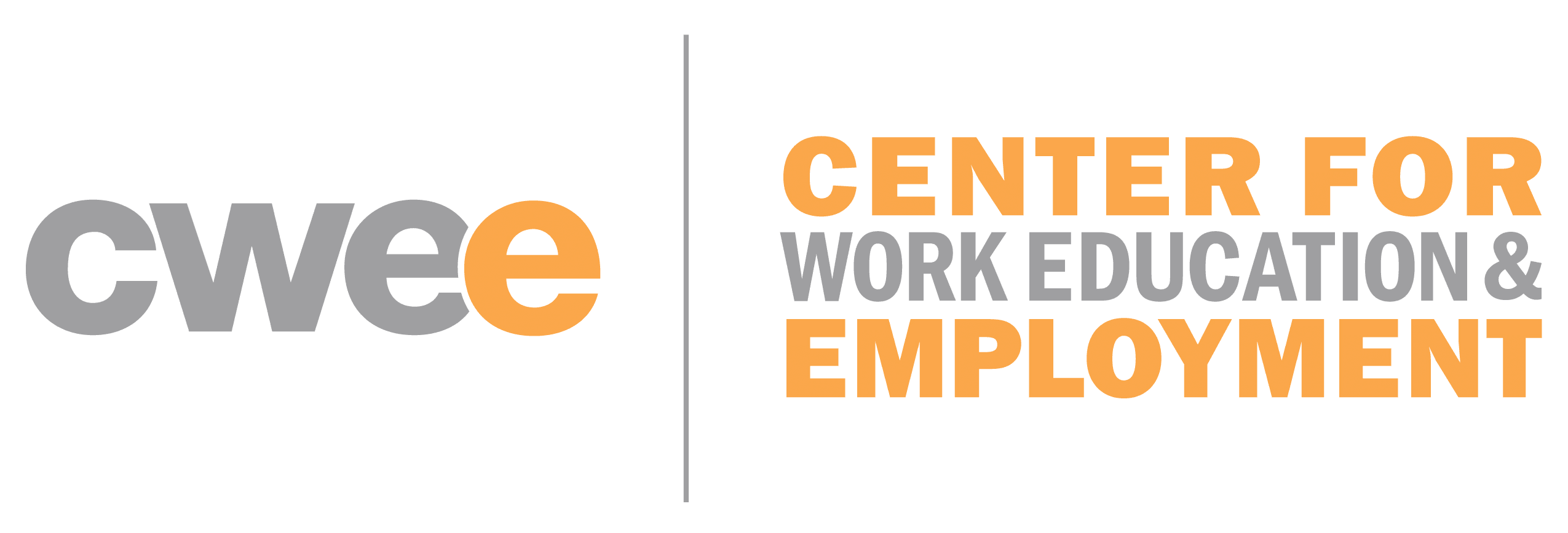


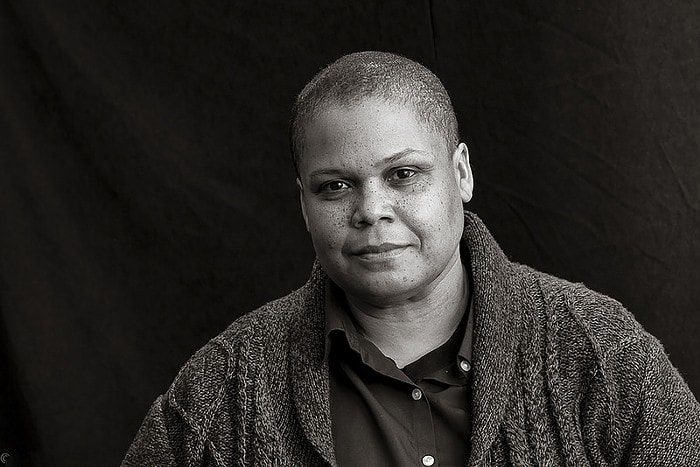
About the Keynote Speaker
Dr. Keeanga-Yamahtta Taylor
Keeanga-Yamahtta Taylor, historian, activist, writer, and 2021 MacArthur Fellow, writes and speaks on Black politics, social movements, and racial inequality in the United States.
She is author Race for Profit: How Banks and the Real Estate Industry Undermined Black Homeownership, published in 2019 by University of North Carolina Press. Race for Profit was a semi-finalist for the 2019 National Book Award and a finalist for the Pulitzer Prize in History in 2020.
Dr. Taylor was named a 2021 MacArthur Fellow, with the MacArthur Foundation award committee citing her “powerful critiques of the political and economic forces underlying racial inequality” in their granting of this honor.
“Taylor helps us understand why racial inequality in the United States is so devastatingly intractable while offering new visions of justice and democracy with the power to improve people’s lives.” — MacArthur Foundation
In 2016, she was named one of the Hundred Most Influential African Americans in the United States by The Root. In 2018 Essence Magazine named her among the Top 100 “Change Makers” in the county. She has been appointed as a Distinguished Lecturer for the Organization of American Historians by the Organization of American Historians.
Taylor is a contributing writer at The New Yorker. Her writing has appeared in the Los Angeles Times, Boston Review, Paris Review, Guardian, The Nation, Jacobin, and Souls: A Critical Journal of Black Politics, Culture, and Society, among others. She is a former Contributing Opinion Writer for The New York Times. She is Professor of African American Studies at Princeton University.
Champions of Economic Justice and Equality Award Recipients

Senator Sonya Jaquez Lewis
2021 Legislator of the Year
Senator Sonya Jaquez Lewis is this year’s Legislator of the Year. Serving as the Colorado State Senator for Senate District 17, eastern Boulder County, Sonya is a Pharmacist and Social Justice Advocate. Senator Jaquez Lewis previously served as the first Pharmacy Director and first Latina Health Administrator with Colorado Medicaid, Colorado Access.
While at Colorado Access, Sonya established the first drug access program for thousands of children and families in Community Health Centers across Colorado. Those services are now the safety net program for so many communities of color and undocumented folk in our state. Sonya worked to initiate the first behavioral health network for Colorado Access offering mental health services to Medicaid families.
From an early age, Senator Jaquez Lewis learned to how important it is to give back. Her mother, Georgia Jaquez worked side by side with renowned civil rights leader Dolores Huerta. Sonya helped lead some of the first LGBTQ marches in the South, in North Carolina and South Carolina–where there were more protestors than marchers. She is a past Board Director of the Boulder County Board of Health and past President of Out Boulder, the LGBTQ community center.
Sonya has sponsored and passed many important laws in health care, gun violence prevention, environmental protections, animal protections, and COVID relief, but is humbled and thankful for the community’s support on SB21-199, Removing Barriers to Undocumented residents in Colorado.
Named a 2019 National Henry Toll Fellow and Top New Legislator, Sonya is small business owner and nationally published author. As Boulder County’s first Latina and first LGBTQ elected to the General Assembly, she continues to work to address the social and health disparities in communities of color and marginalized groups.

Dr. Ki`i Powell
2021 Governmental Partner of the Year
Dr. Ki`i Powell is this year’s Governmental Partner of the Year. Since 2017, Dr. Powell has served as the Office of Economic Security Director at the Colorado Department of Human Services (CDHS). Powell oversees the State’s anti-poverty programs in child support services, the Supplemental Nutrition Assistance Program (SNAP), food commodities programs, the Low-income Energy Assistance Program (LEAP), Temporary Assistance for Needy Families (TANF), State-funded cash assistance programs, several employment programs, the Colorado Refugee Services Program (CRSP), and the training supports for eligibility technicians across the State.
Powell joined CDHS in 2010 as the research and evaluation manager in the Division of Child Welfare and served as the Department’s first Performance Management Director beginning in 2011. In that role, she built and managed C-Stat, a performance management approach for CDHS to better focus on and improve performance outcomes by reviewing over 100 measures each month. Prior to joining CDHS in 2010, she held research and evaluation roles with the Colorado Division of Mental Health and the Hawaii Department of Health’s Child and Adolescent Mental Health Division.
Powell earned her Ph.D. in clinical psychology from the University of Hawai`i at Manoa and her bachelor’s in psychology from Hawai`i Pacific University. She is the mom of three kind and imaginative little boys and has a feisty, yet loving cat named Alvin.

Mathew Mengesha
2021 Community Advocate of the Year
Mathew Mengesha is this year’s Community Advocate of the Year, in honor of his incredible, committed and tireless efforts to advocate on behalf of low-income and marginalized people.
Mathew joined Spring Institute for Intercultural Learning in August of 2019 as a Policy Advocate. In his role, Mathew contributes to Spring Institute’s policy goals of increasing access to and funding for adult education in the state of Colorado, restoring U.S. leadership in resettling refugees, creating career pathways for internationally-trained medical graduates (IMGs), and supporting greater health access and equity among all Coloradans.
He has worked in immigrant and refugee communities for over 10 years and is a member of the Denver Immigrant and Refugee Commission. He also has a rich background of working as a community organizer in education and politics, including work for RISE Colorado and the Denver office of Congresswoman Diana DeGette. Mathew’s passion for connecting voices from marginalized communities to policy and politicians has increased representation of diverse views in decision-making processes.

Clayton Community Ambassador Program
2021 Community Partner Organization of the Year
The Clayton Community Ambassador Program is this year’s Community Partner Organization of the Year. This program partners with interested parents, educators, staff, and members of our community to build the confidence and skills to become successful child and family advocates. Participants in this program develop knowledge around policy and advocacy, work to inform the policy process, and engage in direct advocacy opportunities. Clayton Program staff – including team members from the Education Services and Policy and Advocacy Departments – learn and grow alongside Community Ambassadors, support leadership development, and provide advocacy opportunities across local, state, and federal policy.
Going beyond the traditional community engagement models, the Clayton Community Ambassador Program creates a ladder-to-leadership model in which community members excel in leadership skills they identify, network with local organizations, and promote leadership development, while dignifying the policy process.
This award is accepted on behalf of the Clayton Community Ambassador Program by:
- Kayla Frawley, Policy and Advocacy Manager at Clayton Early Learning Center
- Ealasha Vaughner, Program Coordinator.



